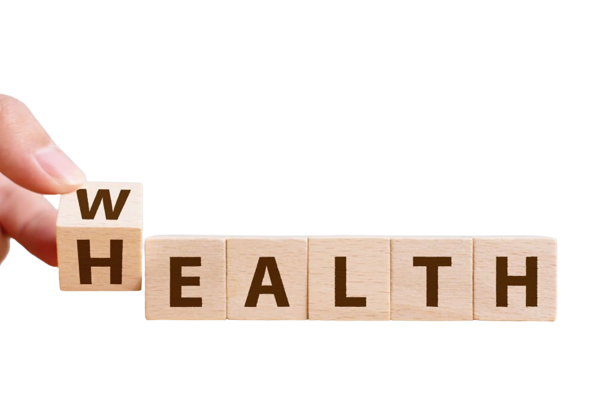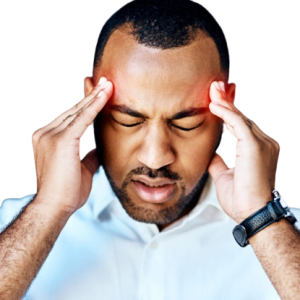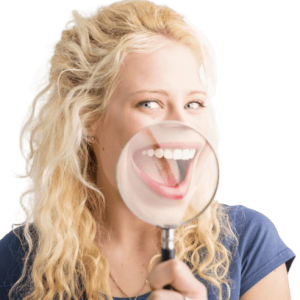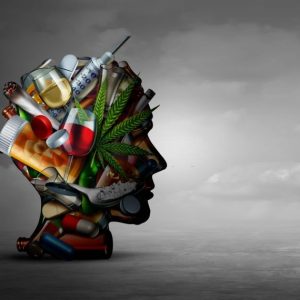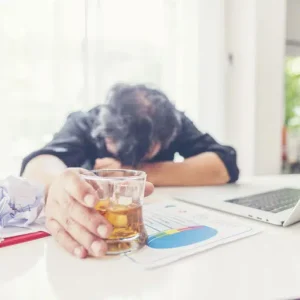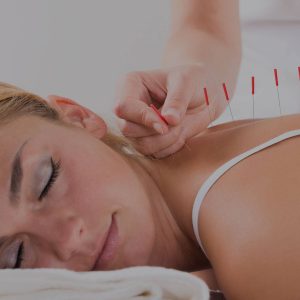NuLife Acupuncture & Traditional Chinese Medicine
Discover the Balance Within
Experience the transformative power of our personalized treatments and discover the balance within
Doctor Recommended
No Referral Needed
High Success Rate
Proven Results for People Who Follow & Complete Our Programs
Covered By Most Benefits
Accepting patients with or without insurance
Featured



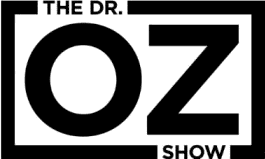





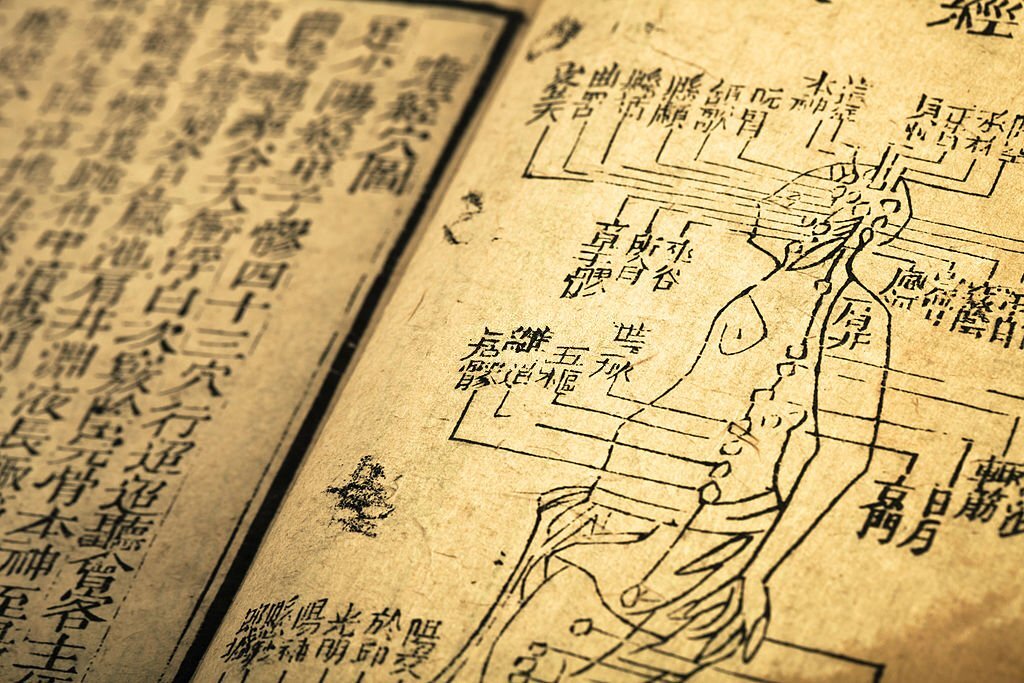
- Immediate Effect & Painless
- Drug Free & Zero Side Effect
- Tailored Treatment Plans
- 1:1 Assesments & Support
Evidence Based Programs
Acupuncture Treatment
Acupuncture stands as one of the oldest and most widely practiced medical procedures globally, deeply rooted in traditional Chinese medicine’s foundation that dates back over 5,000 years. With the primary aim of alleviating pain and enhancing overall well-being, acupuncture has endured the test of time and continues to be scientifically validated today.
By utilizing fine and slender needles, acupuncture targets specific points along the body’s channels, known as acupoints. With a remarkable count of over 500 acupoints dispersed throughout the body, each point elicits distinct responses within our nervous, endocrine, hormonal, and vascular systems. Through this intricate stimulation, acupuncture effectively reprograms malfunctioning organs or signaling systems, facilitating the restoration of optimal health. Furthermore, modern advancements in acupuncture techniques, including Laser Acupuncture, present contemporary approaches and variations to further enhance treatment outcomes.
Acupuncture is used to encourage natural healing, reduce or relieve pain, and improve function of affected areas of your body.
WARNING! Seeking Treatment May Help You Recover!
How we can help...
The key to use needles or laser to Re-align your body
Laser Acupuncture
Founded on neuroscience & tradition acupuncture.
Similarly to traditional acupuncture, LA (laser acupuncture) is well-known for treating and preventing a broad variety of illnesses and conditions. Numerous people use acupuncture to keep their bodies healthy. It is effective for the same conditions as traditional acupuncture, including the following:
At our clinic, we provide a needle-free alternative for individuals who may have reservations about traditional acupuncture: Laser Acupuncture. This innovative treatment option harnesses the power of laser technology to stimulate the body’s acupoints, offering a non-invasive and gentle approach to promote healing and well-being.NuLife Stress Reduction Laser Therapy, a non-invasive, drug-free, and pain-free treatment where laser acupuncture is applied to the body.
Chronic pain has the potential to alter your life, impair your capacity to do everyday duties, and is often difficult and hard to bear. Acupuncture could be a safe and natural way to help with inflammation, mobility, and healing
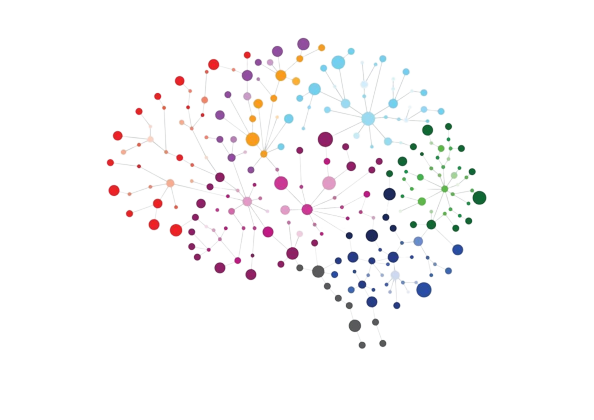
Conditions We Treat
- Acute/chronic pain
- Stress /Anxiety /Depression
- Headaches/Migraines
- Sports Injuries
- Carpal Tunnel Syndrome
- Tennis Elbow
- Fibromyalgia
- Nerve regeneration
- Tennis Elbow
- Tinnitus
- Frozen Shoulder
- Plantar Fasciitis
- Arthritis
- Bursitis, tendonitis Back Pain Fibromyalgia Nerve regeneration
- Back Pain
Testimonial
What Are Patients are Saying



Frequently Asked Questions
It is understandable to be apprehensive about the insertion of needles. Acupuncture needles cause minimal to no pain. They are very different than the hypodermic needles used at the doctor’s office to vaccinate or draw blood. Acupuncture needles are hair-thin, sterile and disposable. Nothing is injected into the body from acupuncture needles. You may feel a slight stinging sensation upon insertion of the needles. After insertion, patients often report sensations of tingling, warmth, or heaviness, but rarely pain. Many patients report feeling a sense of deep relaxation or increased energy after a treatment. Sometimes the therapeutic changes are not felt until hours or days after the treatment.
Acupuncture is extremely safe when administered by a qualified and licensed professional. In fact, when practiced correctly, acupuncture is associated with very minimal side-effects and iatrogenic (doctor-caused) diseases. Thin, sterile needles are used and disposed of after each use so there is minimal risk of infection. The needles are inserted into the skin, fat, or muscle layers. They are never inserted into any internal organs or blood vessels.
It is best to arrive 10-15 minutes early to your first appointment so that you can fill out the necessary paperwork before beginning your session. Please allow between ninety minutes to two hours for your first treatment. The session begins with a discussion of your main complaint and a comprehensive health history. This is followed by an examination of your tongue and pulse, both of which are diagnostic tools used to assess your health condition. Physical examination may also be necessary, which may include palpation of certain areas of the body or certain acupoints. After the consultation, acupuncture and/or other modalities will be administered. Your acupuncturist will discuss with you the treatment protocol and any other recommendations regarding diet, exercise, and/or lifestyle.
The number of treatments varies depending on the severity and duration of the condition as well as the strength and constitution of the patient. In general, acute conditions may take just a few treatments while chronic conditions may take longer to treat. Many patients report feeling changes after one acupuncture treatment, however, it is not uncommon for patients to feel minimal to no changes, or for their conditions to worsen before improvements are seen. Weekly treatments are advised although some acute cases may require 2-3 treatments a week at the beginning of a course of treatment. It is highly encouraged that treatments be regular and consistent in order to achieve optimal results.
Acupuncture has a cumulative effect. Once symptoms improve and overall harmony and balance are reached, treatments are gradually reduced to once every other week and eventually once a month or less to maintain health and prevent reoccurrence. After the completion of your first visit, the recommended length of treatment will be discussed with you.
- Wear loose and comfortable clothing for easy access to acupuncture points. Often, it may be necessary to remove clothing for the treatment.
- Don’t eat large meals just before or after your visit. However, you should eat a light meal prior to treatment. You should avoid coming to a treatment on an empty stomach.
- Refrain from overexertion or the use of alcohol for up to 24 hours after your first visit.
- After your treatment, avoid stressful situations. Avoid swimming or excessive outdoor activities. Instead, make time to relax.
- Between visits, make notes of any changes in your body that may have occurred. Such as, the alleviation of pain or pain moving to a different area, changes in the frequency and/or type of problem, etc. This information will be important to share with your acupuncturist on your next visit.
Side effects of acupuncture are usually very minimal, especially when compared to the side effects of modern pharmaceuticals. Possible adverse reactions may include:
- Minor bruising
- Minor soreness in needling location
- Slight dizziness
Typically, the patient feels few side effects, but rather increased side benefits. Since acupuncture has the function of increasing the body’s circulation and stimulating the nervous system, most people report that they have increased energy, improved sleep, and a decrease in other symptoms, none of which were specifically being addressed during the treatment.
Most workplace Extended Health Benefits do cover the cost of acupuncture. Check with your insurance company to see what your policy offers and to what extent. Currently, OHIP does not cover acupuncture treatments.
Most people are familiar with the more common herbs such as ginseng, licorice root, gingko biloba, and ginger. There are actually thousands of Chinese herbs documented for their medicinal properties and usage. Around 300 of these herbs are more commonly used in clinical practice today. Chinese herbs are carefully prescribed to each patient depending on their different constitutions, taking into account their signs and symptoms. The herbs are not usually taken individually, but rather prescribed in a formula using between 4 to 20 different herbs.
The herbs used at the clinic are all in granular form, so it is only a simple matter of diluting them in warm water to drink. While the taste is not always pleasant, the effects are time-proven.
Low-level lasers “inject” billions of photons of visible and/or invisible laser light into tissue structures. The tissue utilizes this chemical energy to dramatically expedite the healing process and naturally minimize pain in the body, resulting in a less invasive sensation than needles. Additionally, laser acupuncture allows stimulation of places that are difficult or uncomfortable to needle, such as the auricular acupoints. Multiple acupoints can be treated at the same time with a multichannel laser system, just like with metal-needle acupuncture.
Numerous scientific studies have shown that laser acupuncture speeds healing, decreases inflammation, alleviates pain, increases circulation, and aids in cell regeneration. It is very efficient in the treatment of a wide variety of acute and chronic illnesses. In fact, recent studies using advanced brain imaging demonstrate that laser acupuncture has proven therapeutic benefits for both the brain and body.
The Treatment Cost
Your Health Is An Investment, Not An Expense
At NuLife, our traditional and laser acupuncture therapy program is designed to cater to your individual goals. We recognize that each person’s path is unique, so the duration of the program will be customized to suit your specific needs.
For detailed information on program costs, we encourage you to reach out to us. Our team will be happy to provide you with all the necessary information and assist you throughout the process.
Our programs includes: laser acupuncture & traditional acupuncture therapy, 1:1 counselling, assessments, evaluations, ongoing backup assistance, and motivation. Our programs are covered by the majority of extended health insurance plans. We are accepting all patients, whether they have insurance or not.
Feel free to reach out to us for personalized guidance on the most suitable treatment options and associated costs. We’re here to help!.
